CARE
All Member Updates
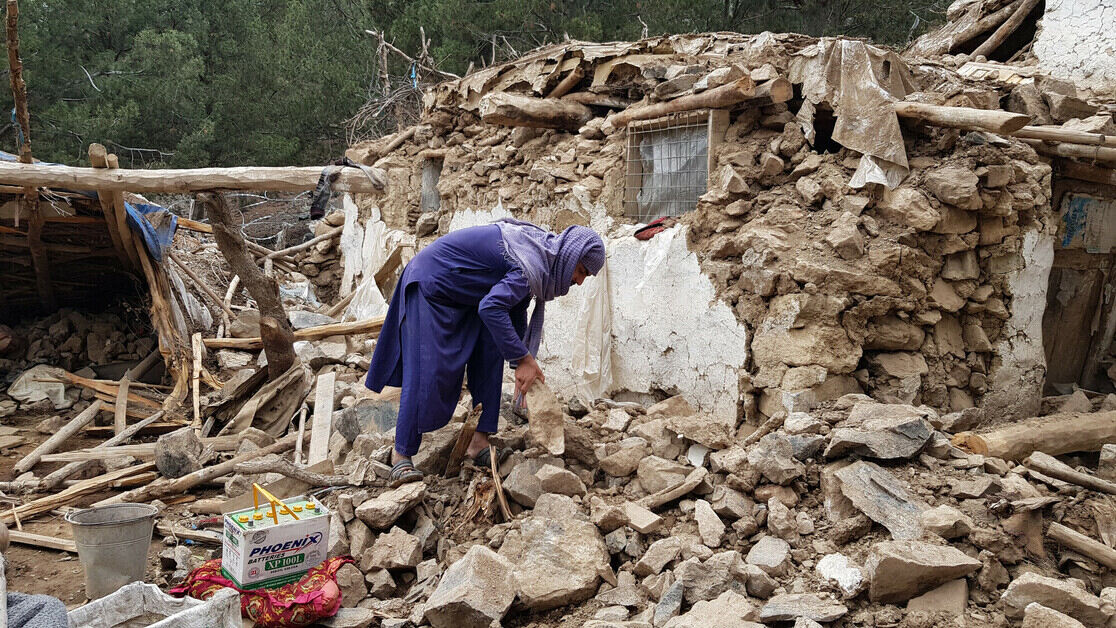
CARE mobile health teams assisting earthquake survivors
CARE Afghanistan deployed three mobile health teams on June 22 to Khost and Paktika provinces, immediately following the devastating earthquake in eastern Afghanistan that is estimated to have killed between 770 and 1,000 people, left thousands more injured, and destroyed homes and livelihoods. Learn more
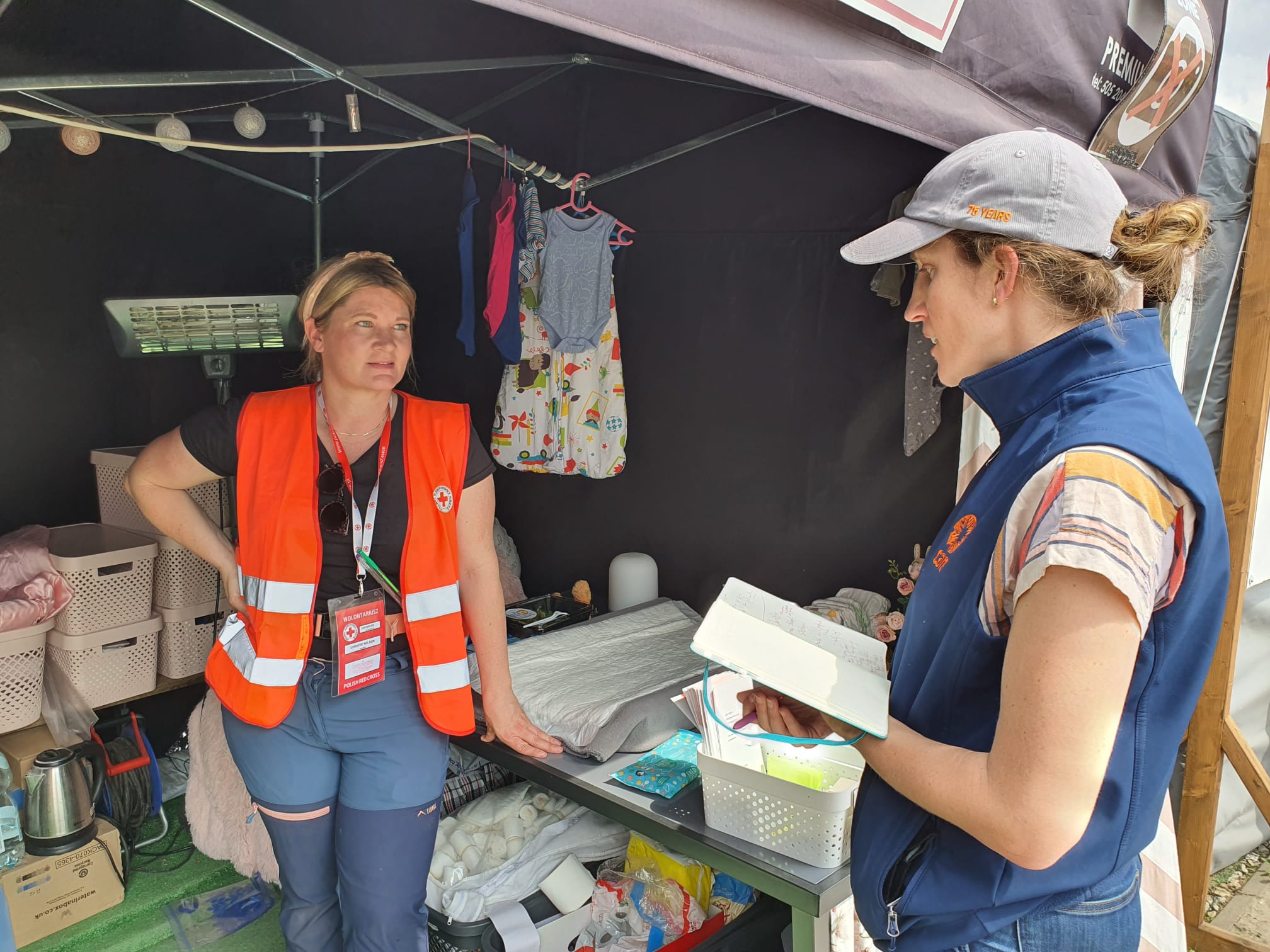
Ukraine: Helping women navigate unfamiliar systems
As Ukrainian refugees arrive and find themselves in a completely new place, they can find foreign health and legal systems and hard to navigate. In Poland, CARE has partnered with local organizations primarily specializing in helping women with their specific needs. Learn more
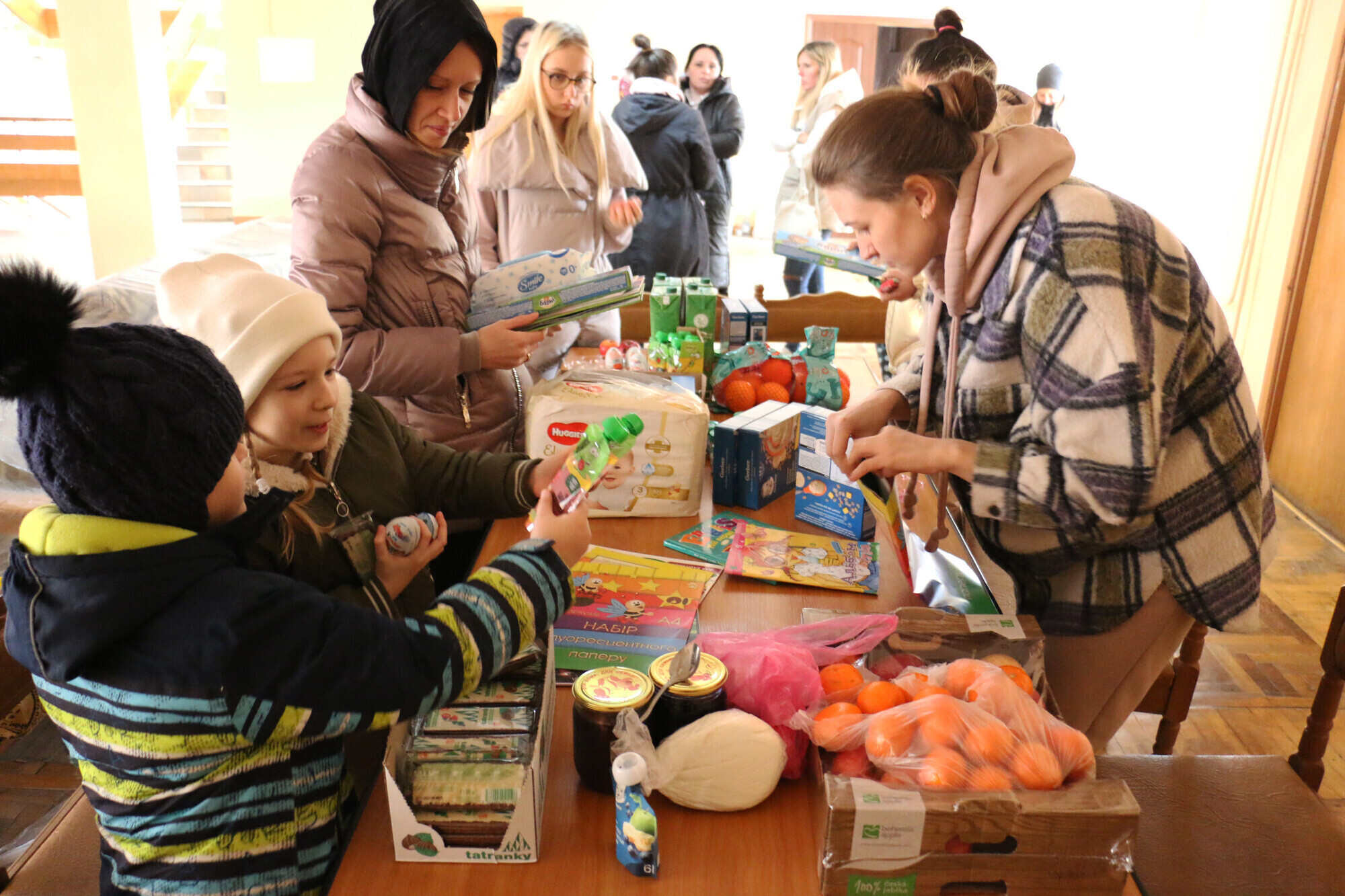
Dispatches from Lviv: Displaced women share their stories
CARE and partner Charity Foundation for Stabilization Support Services (CFSSS) are working together to deliver live-saving assistance for people in need inside Ukraine. CARE and CFSSS are providing food and water as well as distributing hygiene items and medical packages for internally displaced people. Recently, CFSSS food distribution has taken place in Lviv, Chernivtsi, and Truskavets. Learn more
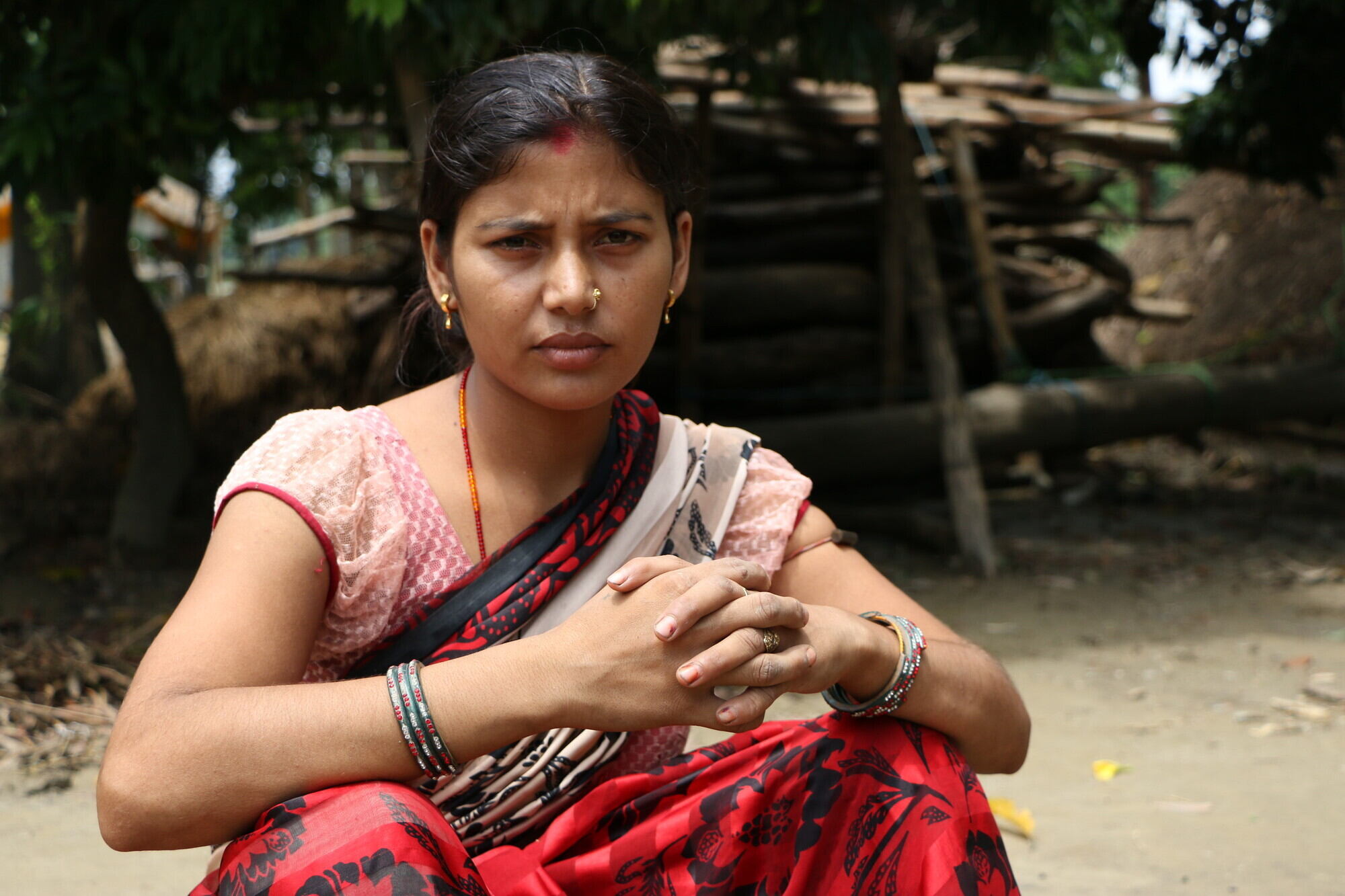
CARE Awarded USAID Program to Strengthen Health in Nepal
CARE is leading partners Jhpiego, Howard Delafield International, Association of Youth Organizations Nepal (AYON), and Nepal Contraceptive Retail Sales Company to implement the USAID Adolescent Reproductive Health (ARH) Activity. This partnership will enable meaningful youth engagement and private sector engagement. CARE is pleased to lead the ARH consortium and contribute to a healthy, resilient, well-nourished population in Nepal, leading to increased human capital. Learn more
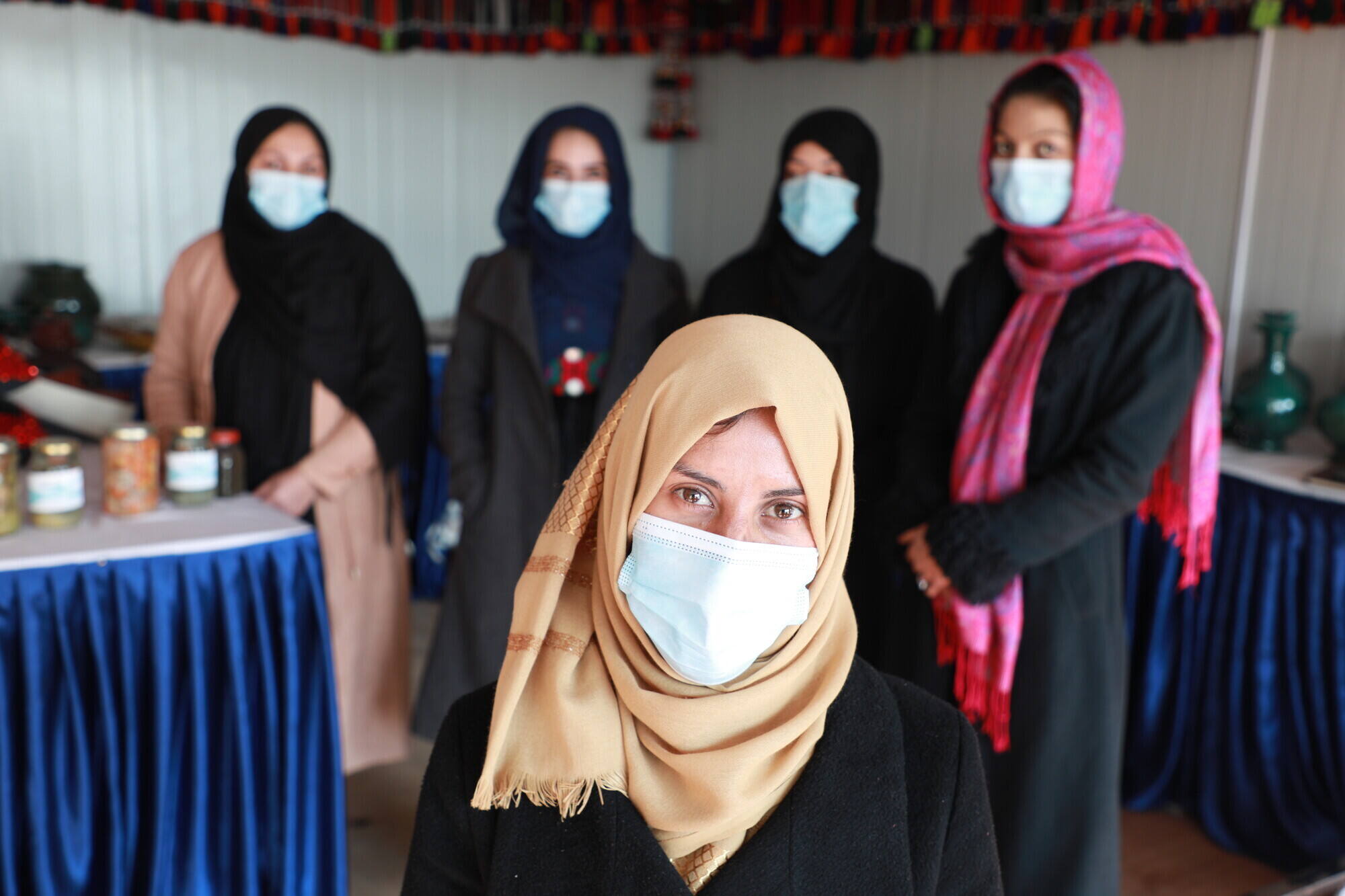
Kabul Women’s Association builds gender equality
CARE has provided funding to the Kabul Women's Association, which has gone towards paying rent and utilities on the KWA’s building. CARE has also offered training on advocacy, recording GBV cases, and mediating complex family situations. Monthly training opportunities on different subjects are offered to each of the KWA’s 20 action groups, with CARE paying rent for venues in different districts around the city. Learn more
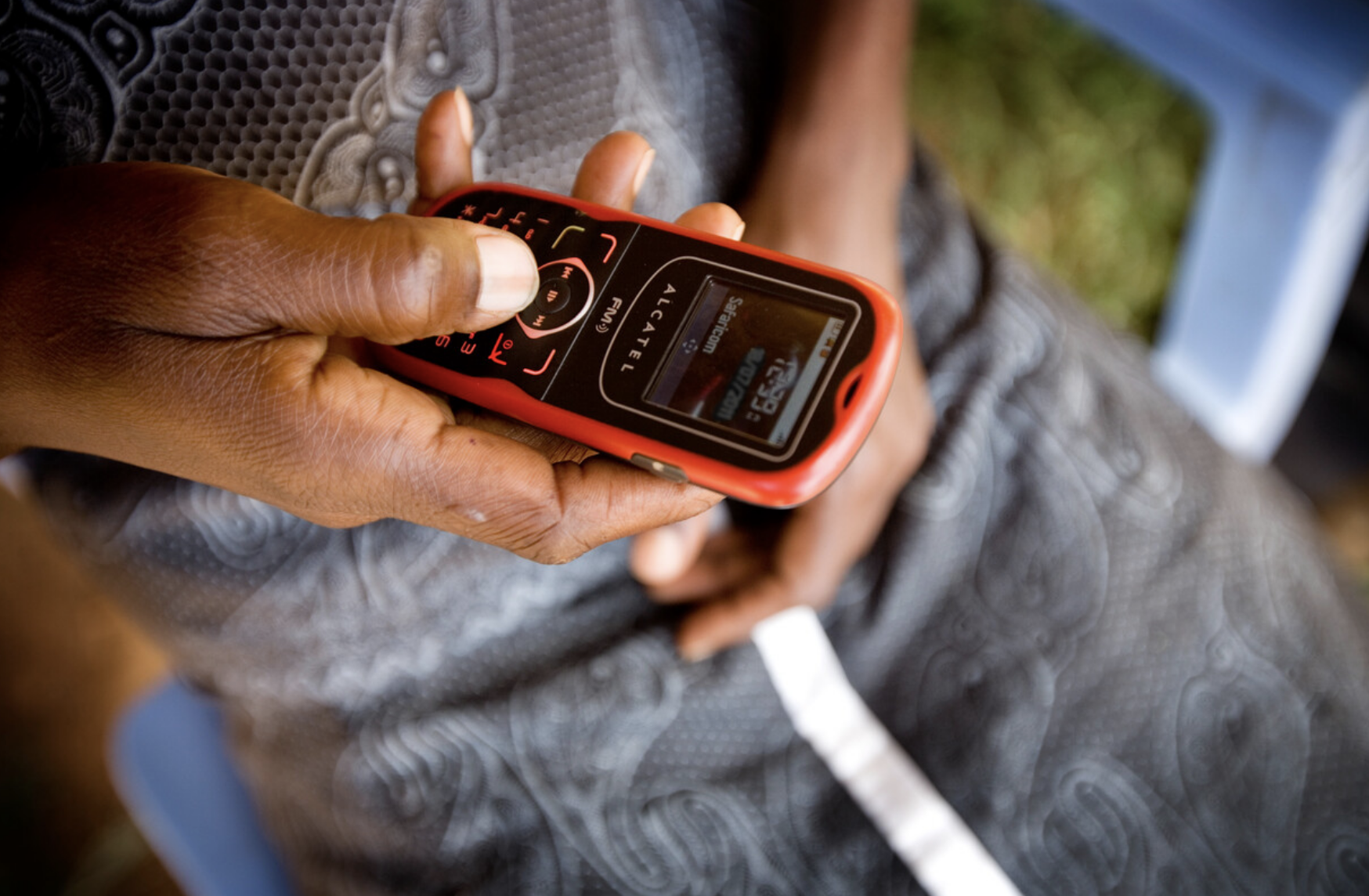
Mobile Technology Adoption Responding To Kenya Drought
CARE International in Kenya employed the use of the M-PESA platform to reach over 21,000 drought-affected individuals in Northern Kenya. The platform operates by enabling users to register an account with a mobile service provider from which they can then deposit and withdraw money securely through a wide network of agents. Learn more
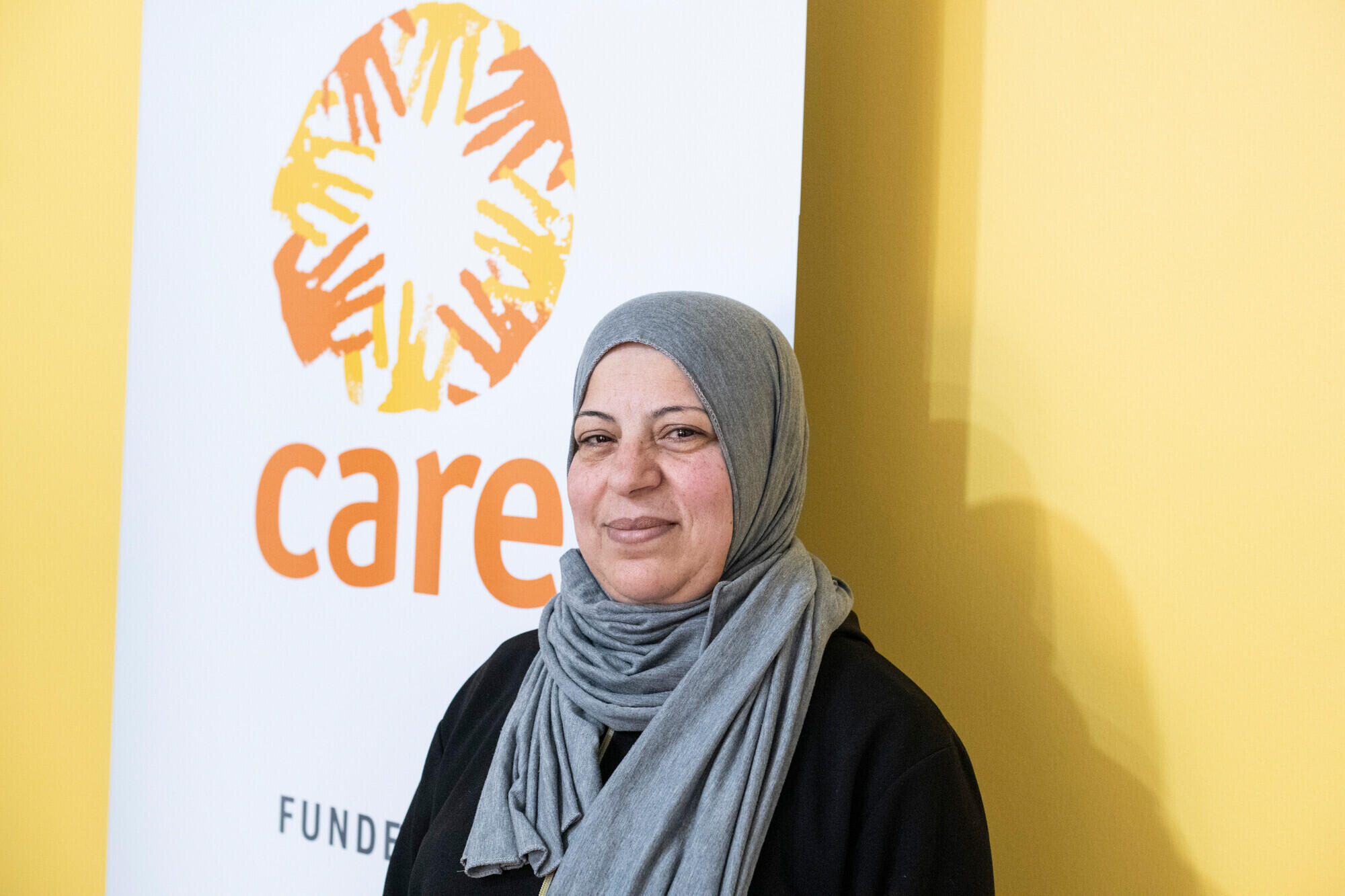
Refugees in Jordan feeling the effects of Ukraine conflict
As the pandemic posed challenges for female Jordanian business owners, the CARE Savings Program has taught them to save, build capital, and attract customers. Now, their businesses also have an online presence and Facebook pages. CARE also offered online courses to teach them how to adapt to the situation. Learn more
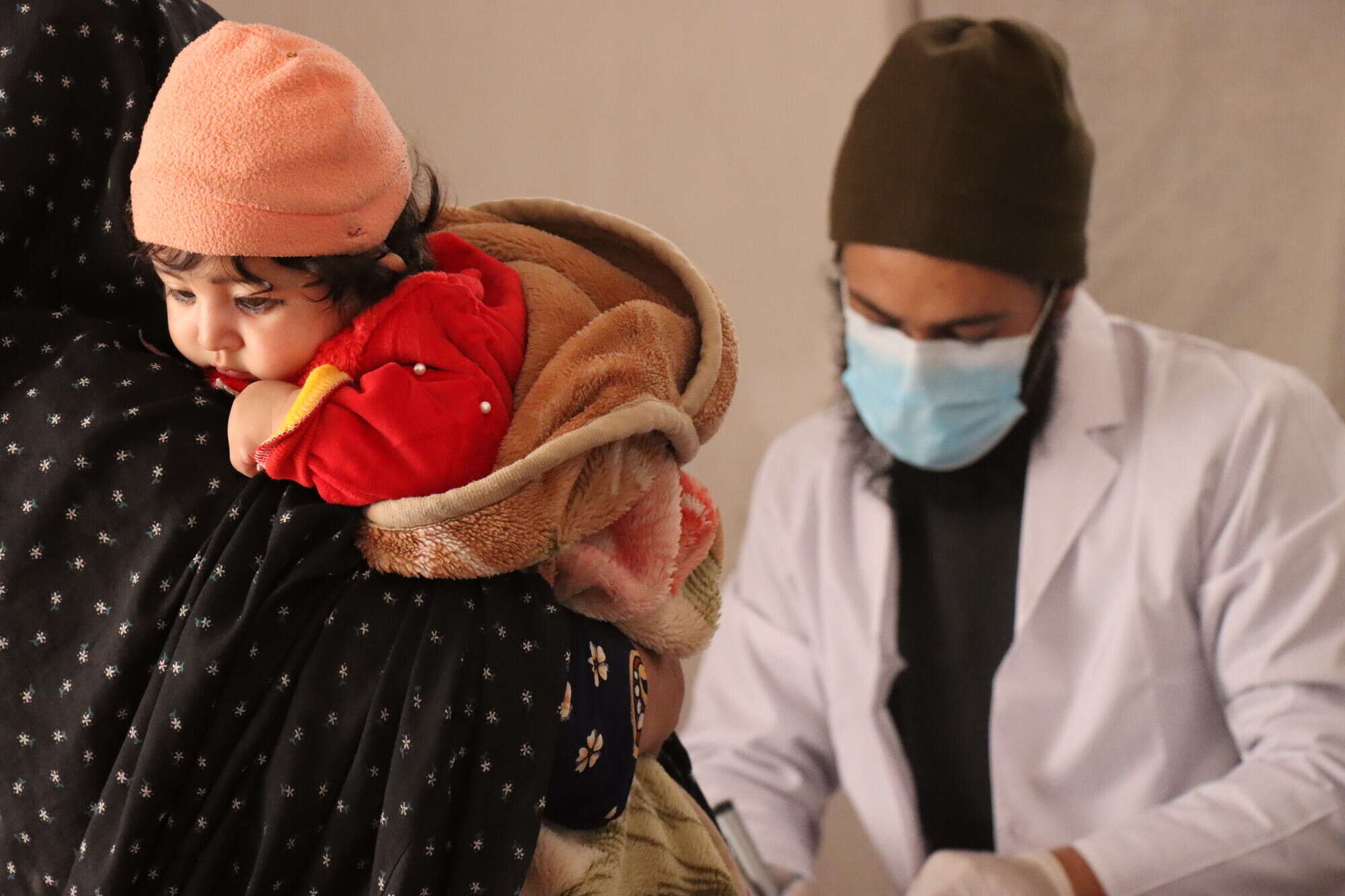
CARE's lifesaving mobile healthcare for vulnerable Afghans
Between December 2021 and May 2022, CARE Afghanistan supported 61,592 people – 65 percent of them women and girls – with health services in Ghazni, Herat, Balkh, Kabul, and Khost provinces. The services include primary health care, maternal health, nutrition support, referrals to specialized facilities for gender-based violence cases, COVID education, and psychosocial support services. In addition, CARE distributed emergency medicines, medical supplies, and equipment to health facilities. Learn more
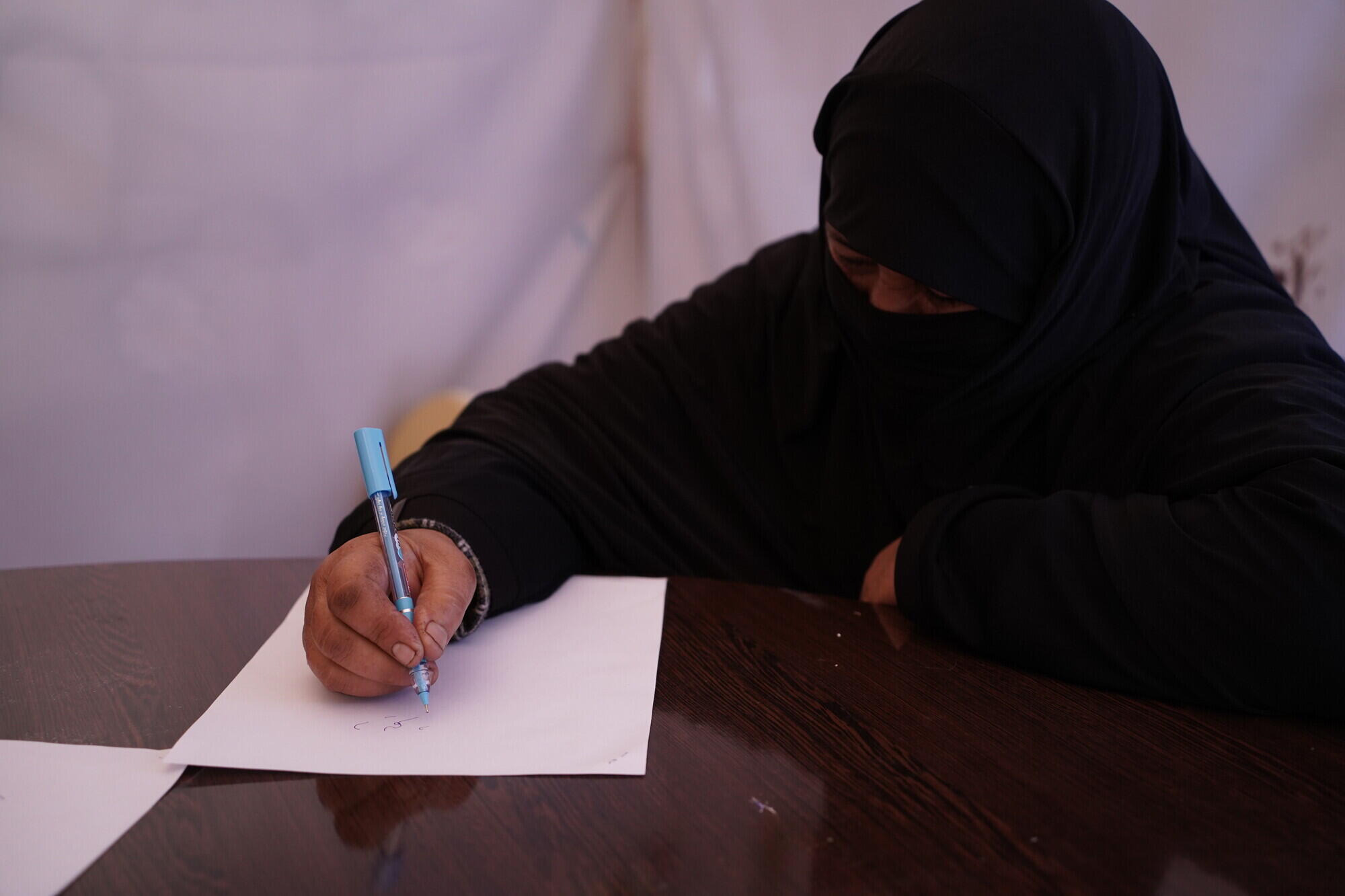
CARE Provides Literacy Program in Syria
Before the war began in Syria, Maha, 50, never imagined she would have the chance at an education. Thanks to changing gender roles and a literacy program offered by CARE, her dream has come true. “Every woman should be educated," she explains. "Thankfully the role of women is changing in the community. Organizations come to the villages and help women learn to read and write or sew or other professions. In the past this wasn’t available or acceptable." Learn more
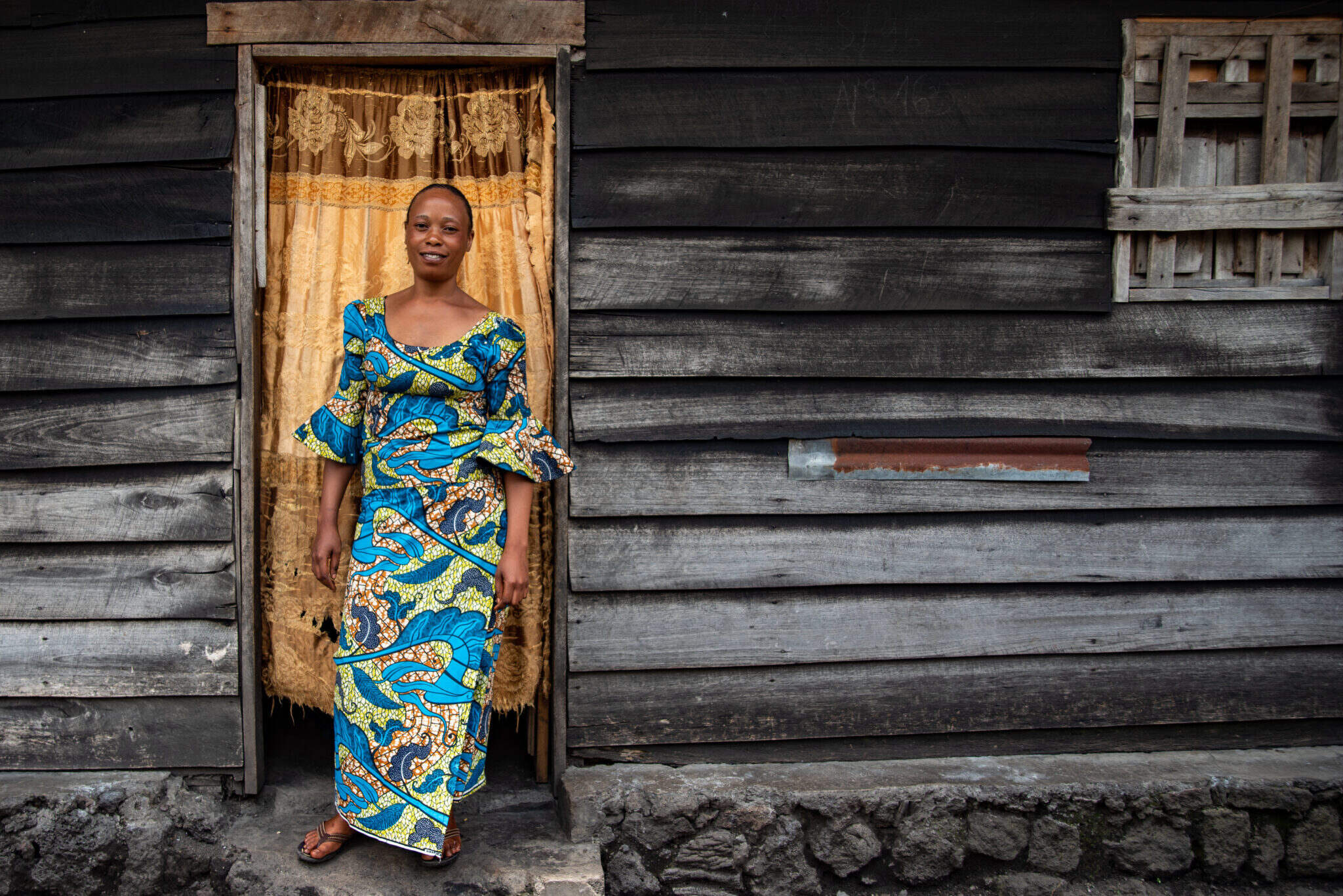
Can the chief be a woman? One DRC village says “yes.”
Following the death of her father – the Mwami (chief) – several years ago, the council of elders appointed Heveline Mapfumo to be the chief of her village. Following a dispute with her uncle and village authority figures over her ability to assume the position, Heveline lodged complaints to the government’s Customary Affairs division and received the support of CARE. Following arbitration, Heveline received a favorable ruling, with no one filing an appeal in the 30-day post-judgment window. Now, after seven-year-delay, Heveline will assume her rightful role as chief, an event supported by CARE DRC. Learn more
Pagination
- Page 1
- Next page